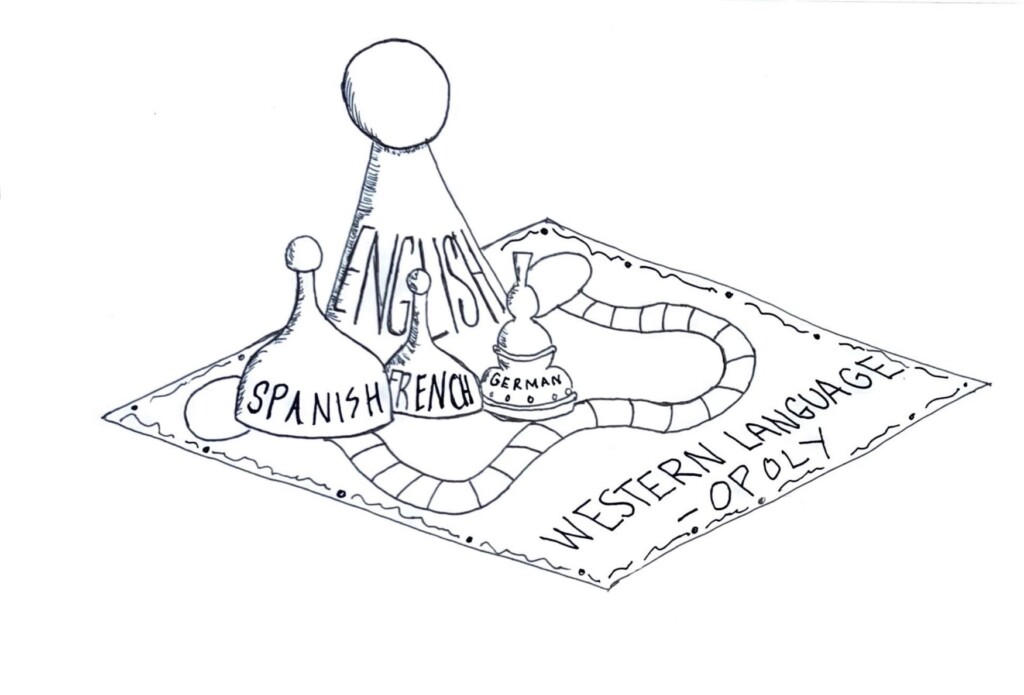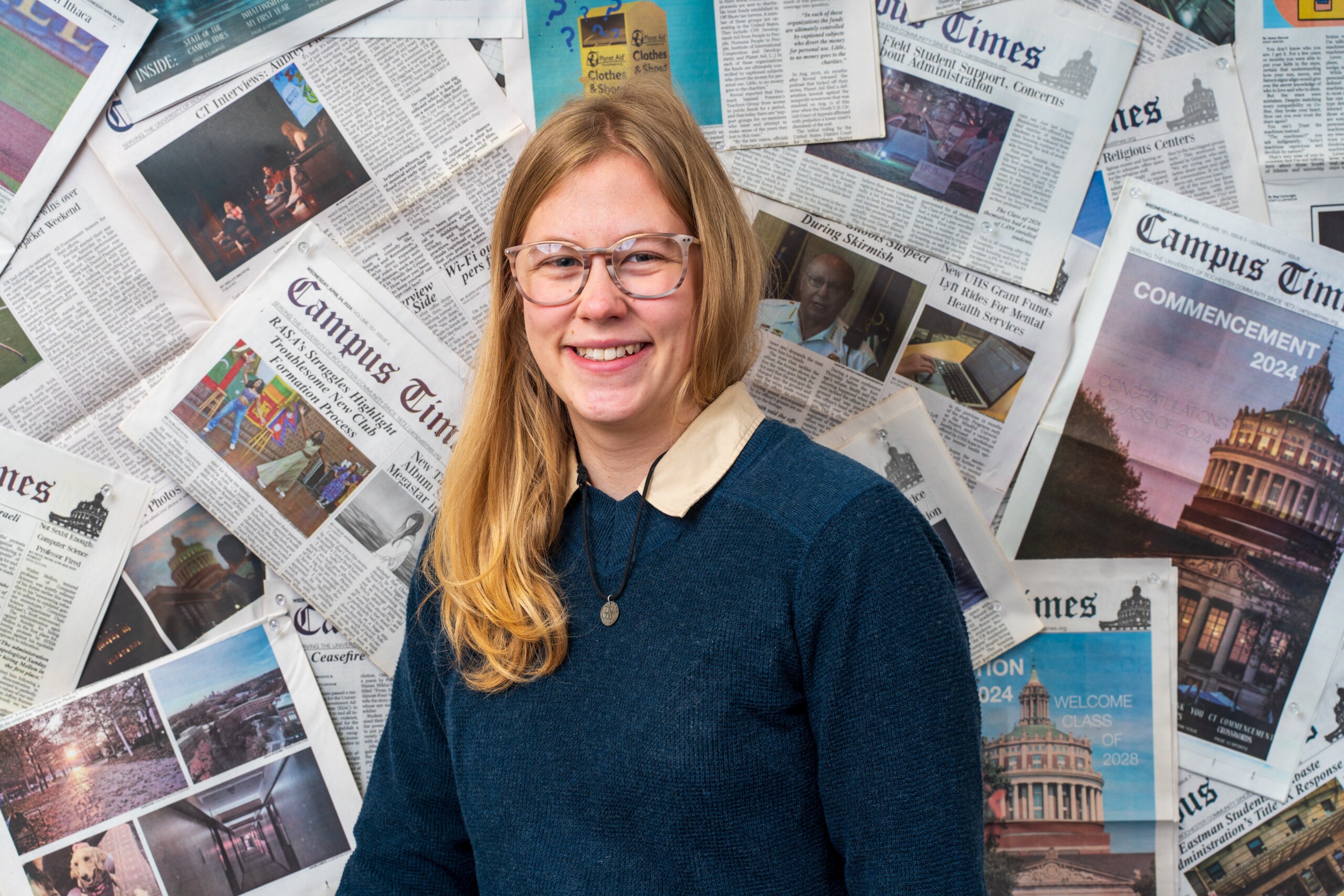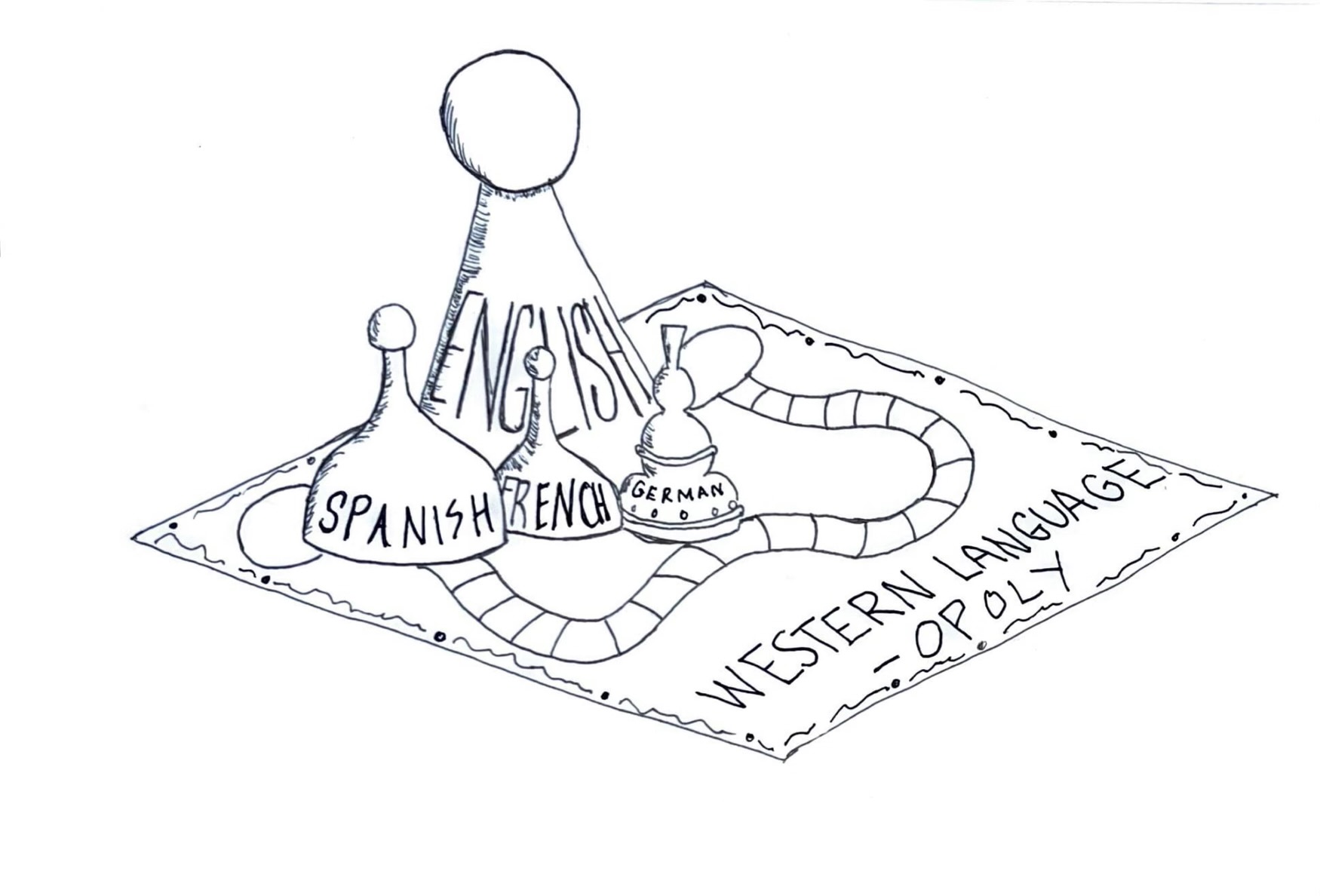Last fall, I studied abroad at Denmark Technical University (DTU), just north of Copenhagen. I had two main criteria when I chose a school to study abroad at: 1) I needed to be able to take at least four courses that would satisfy my degree requirements, and 2) I wanted to live in a country where I could get by on English alone.
That’s not to say I didn’t make an effort to “immerse myself in Danish culture,” or however the Center for Education Abroad would like me to phrase it. I started up a Danish Duolingo streak the day I got accepted into the program, I went to culture nights, I tried the food, and I even spent days just walking and biking through the Danish countryside near my campus. However, I’ve never been great at learning foreign languages, so when I arrived at DTU, I felt like I was playing study abroad on easy mode.
My main friend group while I was abroad was a group of students who I’d met through DTU’s board games club. Three of the members were local Danish first-years, one member was Icelandic, one member was German, and the other two were Australian. For most of the time we spent together early on, I was more focused on the game at hand than social dynamics (go figure), but every so often as I waited for my next turn, or as we took a break to choose a new game, I’d suddenly remember that more than half the group was speaking in their second (or even third) language. And there I was, unable to speak more than one. On top of that, the club started at 5 p.m. on a Monday, meaning that many of my new friends had already sat through four to eight hours of technical engineering jargon in their second language, before they even showed up to our meeting place. And on top of that, they had to juggle the rules of a relatively complex board game in front of them.
I was talking with my German friend from the board games group online as I was writing this article, and I was saying how I felt like speaking English constantly must have been so draining. His thoughts were that, “While it definitely was challenging, that challenge also was kinda fun.” He continued that “I feel like native English speakers have it considerably easier. But they also miss out on a part of the [study abroad] experience.” The other thing worth mentioning is that the average European is so. much. better. at English than I am in any other language.
During my time abroad, I joined a Dungeons and Dragons club, which similarly had a mixed nationality group: five Danes, me, and my same Icelandic friend. I remember once, we had taken a mid-session break: I had just returned from the bathroom to find all the Danes having an animated discussion in Danish. As soon as I sat down, they immediately switched to English. I expressed to one of them, my friend Augusta, that I felt bad they all had to switch just for me — it must be so exhausting to have to speak in English all day.
“Not really,” she said casually. “We start learning English in primary school. Did you know that something like 95% of the Danish population under the age of 65 is fluent in English?” Not just “took it in school.” Fully fluent. “Don’t worry Katie, it’s really not a bother at all,” she reassured me.
Europeans don’t learn English for the same reason we learn Spanish or French or even Mandarin in our high schools. For the average American student, a second language is simply a nice thing to have, a resume booster. Maybe you can use it to impress your friends if you decide to visit Paris over spring break. Unless you want to pursue a degree in international relations or language education, a second language feels closer to a hobby than a life skill.
For Europeans, English is basically a prerequisite for any job that requires more than a high school education. And if you live in a city? You’ll need it for pretty much any customer-facing job. In my six months in Denmark, I never met a single cashier who didn’t switch to perfect English as soon as I garbled out my best attempt at “I’m good, how are you?”
Even the libraries. The libraries had a comprehensive English section, sometimes because no Danish translation had been printed, and sometimes because a translation for a popular book took too long to be released. I could have read a new book every day of my semester and still not exhausted the fiction section of the English books at the Lyngby Public Library.
The crazy thing is, it never had to be English that got this special treatment. I’m not going to get into the root causes of why English became the world’s lingua franca, but it could just as easily have been Spanish, German or … Franca — I mean French. However, as trade expanded, it became increasingly obvious that having one language become the international language of commerce and trade would simply be more convenient. Due to rampant colonialism and power dynamics in the 20th century, English presented itself as the most obvious choice. Although there’s a rational reason for English’s dominance, my emotions tell me another story.
A story that, somehow, through sheer luck, the tongue of the world is the tongue of my mother. Somehow, the stars aligned in a way that I could travel 4,000 miles, and be seated in an empty classroom of a Danish university, surrounded by German, Icelandic, and Danish people who can all speak my language, meanwhile I can barely form a full sentence in theirs. And as I sat there, celebrating my latest victory at the board game Root, I wondered if I still would have won if we were playing in Danish.



